Top 5 Most Commonly Used IoT Protocols and Their Security Issues
What happens when devices meant to make your life easier become tools for intrusion? Your smart TV could become a surveillance device, your fitness tracker could
As businesses access larger and more intricate datasets, data discovery has become a key component in successful data analysis. By uncovering meaningful patterns and insights in datasets, data discovery helps organizations better understand their customers, products, and processes to enable optimum decision-making.
With the correct tools and strategies, data discovery can be invaluable in helping organizations maximize the value of their data. Let’s look at the top 10 tools to help your organization do this effectively.
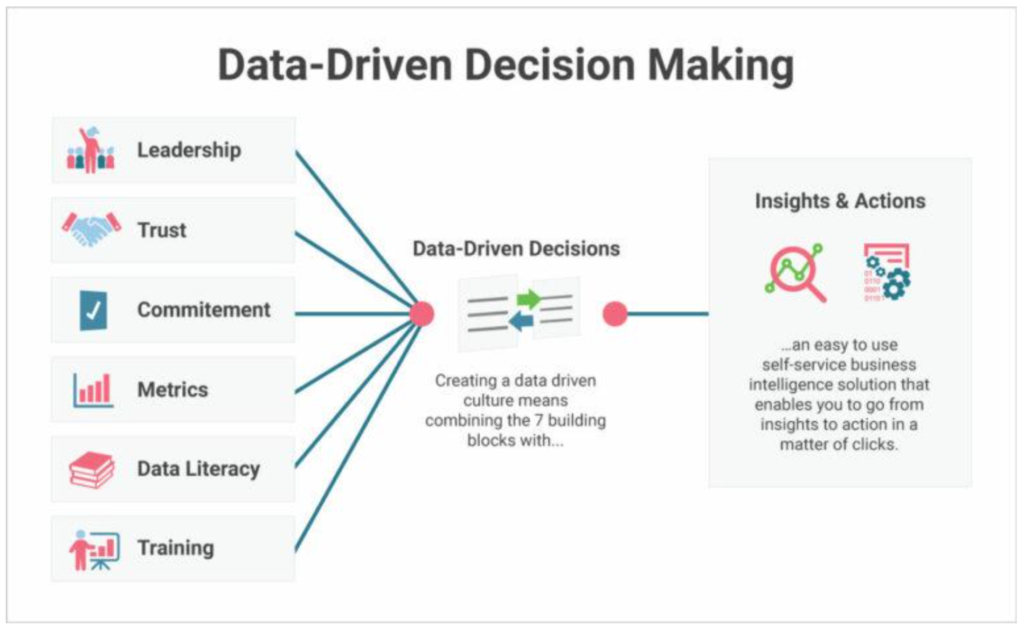
Data discovery tools provide businesses with the ability to dig deep into the data they collect to uncover information that would otherwise remain hidden. Specific tools support each stage of the data discovery process–from fast data analysis and visualization to accurate comparisons of different datasets so anomalies can be detected and areas for improvement discovered. With these capabilities, businesses can make better, data-driven decisions to enhance their processes.
In software engineering, data discovery tools help developers to identify, analyze, and visualize data quickly and accurately so they can reduce development time and costs while making educated decisions about software development and maintenance. The ability to explore data from a variety of databases, APIs, and other sources also helps developers to create comprehensive applications and services, increasing the quality of the software.
The best data discovery tool should help you quickly find what you need to support your unique needs. Generally speaking, when looking for a data discovery tool, make sure that it can:
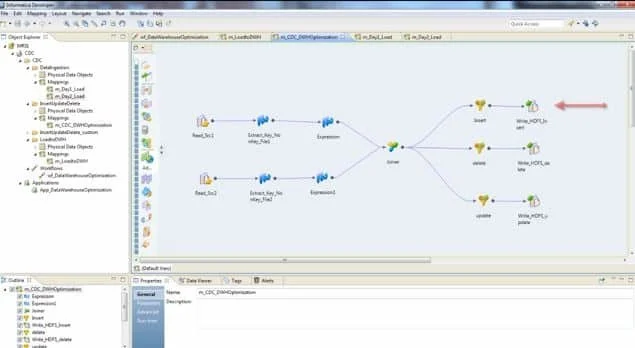
Informatica provides a toolset for establishing and maintaining data warehouses. This includes extract, transform, load (ETL), information lifecycle management, business-to-business data exchange, cloud computing integration, complex event processing, data masking, quality control, replication, virtualization, master data management, ultra messaging, and data governance.
Some products are available on a subscription-based pricing model, where customers pay a recurring fee for access to the software. Other products may be licensed on a one-time or perpetual basis. Different pricing tiers are based on the size of the deployment and the level of support required.
“Modernizing from PowerCenter to IDMC allows us to continue working with Informatica products that we love—even reusing the business logic and mappings we have developed over the years.”
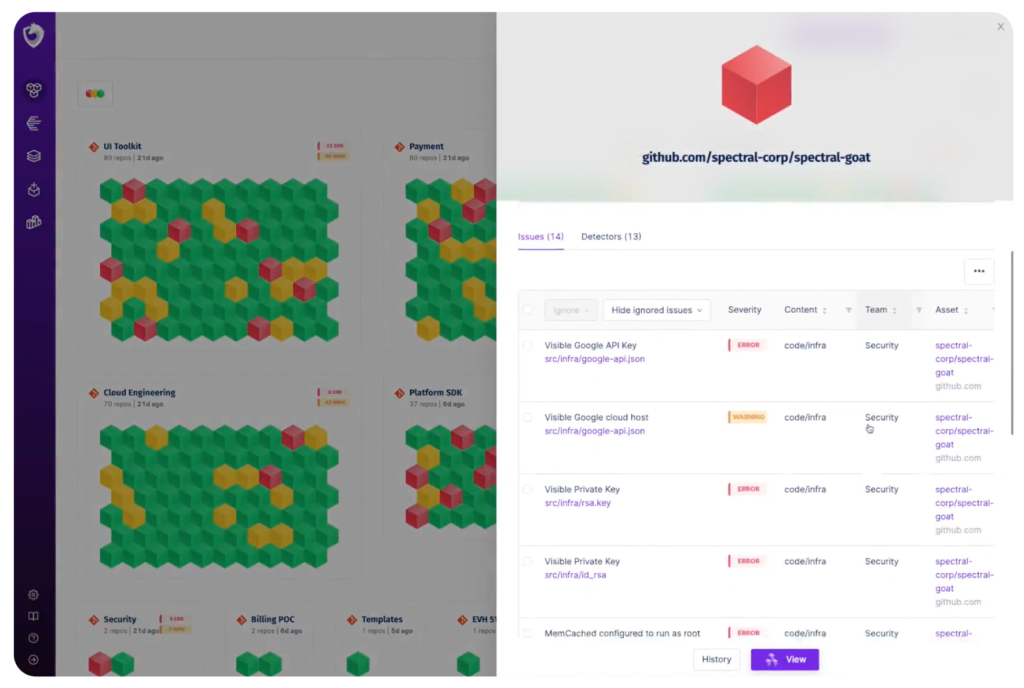
SpectralOps is a developer-first solution that acts as a control plane over source code and other developer assets. It finds harmful security errors in code, configurations, and other artifacts in real time to prevent expensive mistakes as developers build and ship software.
New users can create an account to launch a free code scan.
“Spectral is easy to set up and use, and it provides valuable insights into sensitive issues.”
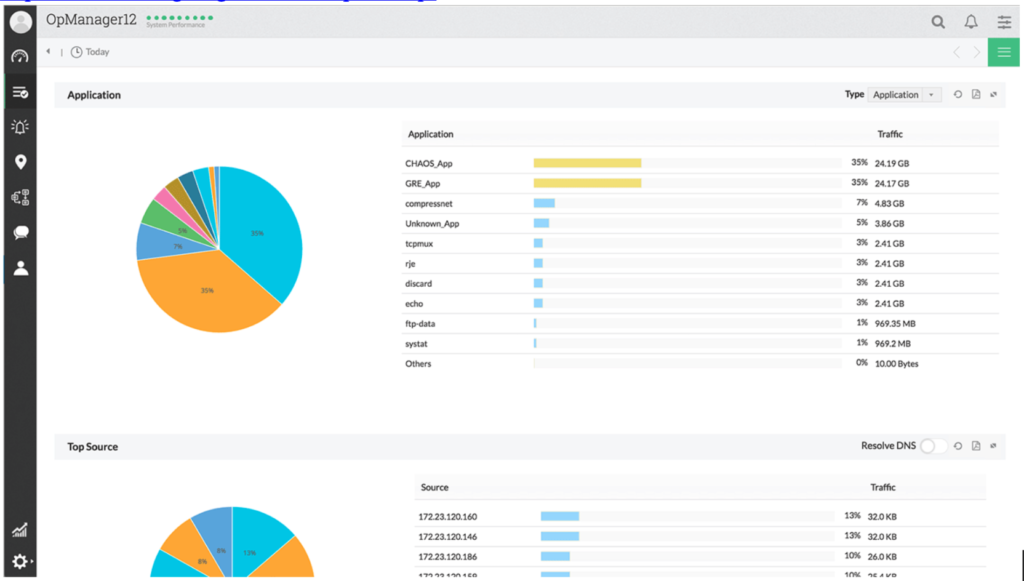
ManageEngine Endpoint DLP Plus is a dedicated Data Loss Prevention (DLP) software designed to protect sensitive data on managed endpoint devices from data disclosure and theft.
ManageEngine offers a wide range of IT management software. Some of their products are free, while others are available on a per-device or per-user basis with different pricing options.
“Using the solution, Screening Eagle can easily locate and isolate its source code files, which can then be uploaded to Github so that its servers remain clutter-free.”
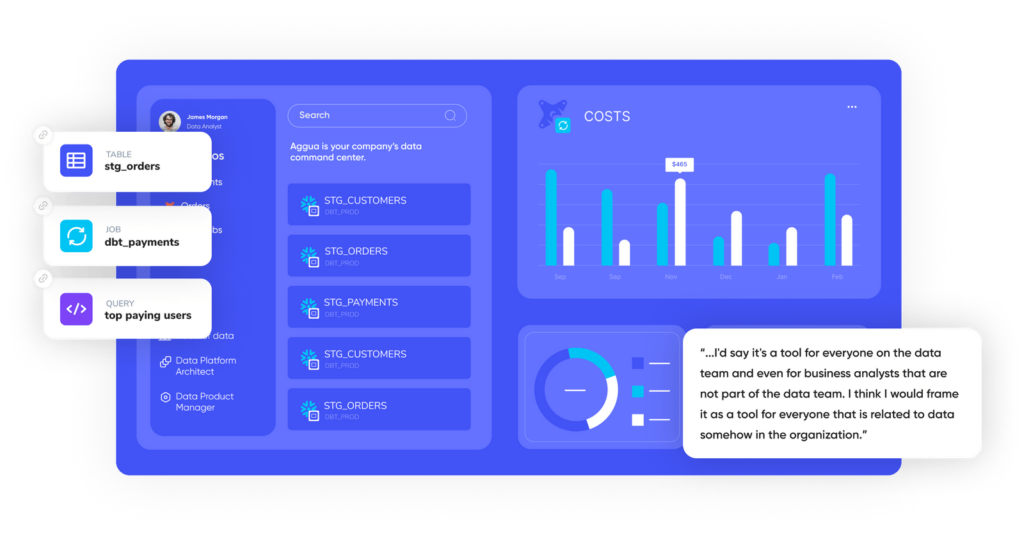
Aggua is a collaborative Cloud data management platform that specializes in Snowflake and BigQuery data stacks.
Aggua’s Data fabric platform enables data and business teams access to their data, creating trust and giving practical data insights
Pricing varies based on the specific requirements and usage of the client.
“With Aggua, time to investigate data dramatically shortened. A task that would have taken days of research every once in a while could now take 30 minutes or less. It also became easier to detect faulty data points, as Aggua is able to direct the user to the precise location of the bug”.

The Tableau system is a sophisticated, integrated BI and analytics product for evaluating critical business information and producing clear, insightful analysis quickly.
Different product licensing options are available, with prices per license ranging from 12 USD to 70 USD, billed annually. Prices can vary depending on region, license quantity, and whether a monthly or annual plan is selected.
“We implemented Tableau in 2016 after a supplier recommended it to us. Before that, we were using simplistic reporting and analytics tools. These were enough for basic tasks, but as our data needs become more sophisticated, they couldn’t provide the advanced functionality we required. Migrating to Tableau marked a turning point for us.”
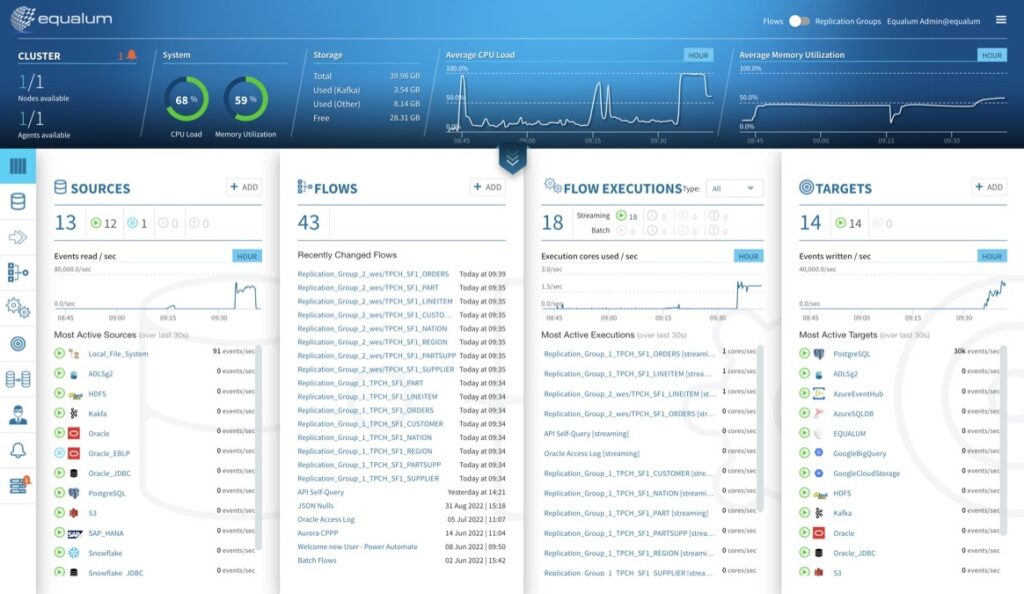
Cloud and On-Premise data are really about two things: speed and security. While Equalum is not a typical data discovery solution, it does offer real-time analytics across all sources and targets. This not only provides real-time visibility across all data storages and integrations but also allows to optimize for improved performance and reduced cost.
Upon request
“We chose Equalum because its CDC tool is easier to use and we’re able to build streams rapidly and get the data in the shape that we want. We like the process and the support.”

Osano’s data discovery product automatically detects, categorizes, and enables users to search their data wherever it resides. It is a good solution for data privacy and data governance for compliance with regulations such as GDPR and CCPA.
Osano offers a four-tier pricing structure:
“We use Osano to manage our cookies on nearly 20+ websites. We use the consent manager product to sort cookies and scripts on these sites. Our partnership began when the CCPA was enacted, and we needed a robust tool to make our sites compliant.”
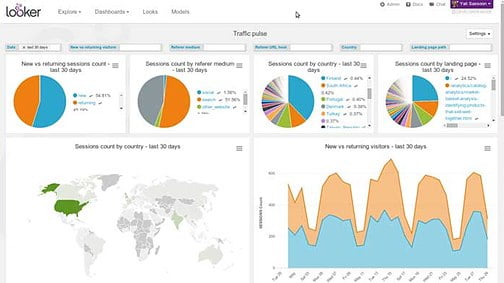
Looker approaches data discovery from the data visualization trajectory. It is like one of the most beautiful dashboard creators but that doesn’t mean it is not a robust solution. Looker can connect directly to live, row-level data, and use efficient visualizations to drill down from each dashboard for clarity
Pricing is available upon request.
“One thing I like about this platform is the ability it has to integrate with a wide variety of data sources, including relational databases, data warehouses, and other cloud data warehouses; it has allowed us to unify data and perform analysis in one place, this has helped improve efficiency and business decision making time”.
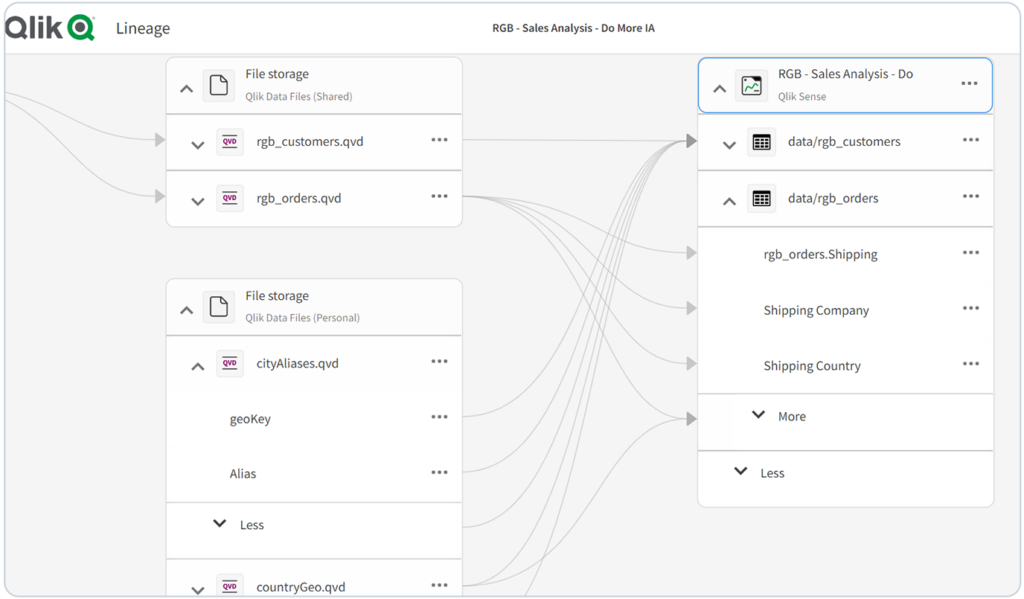
Qlik automatically finds and documents any relationships between datasets and across multiple BI tools
Data integration pricing is available upon request.
“This software addresses the challenge of BI and IT departments, which is to create and generate tools from updated reports, tables, charts, graphs, graphs, geographic mapping”.

Manta’s unified lineage platform automatically scans a data environment and builds a map of all possible data flows. It delivers that data visibility through a native UI to technical and non-technical users.
No pricing information is publicly available for data services.
“Best Data Lineage tool that helps data discovery with a comprehensive view of Metadata.”
As data growth expands exponentially, there is an urgent requirement for faster, more accurate, and more sophisticated data discovery tools. Making the most of data while keeping it secure must be part of the role of any modern DevOps team, particularly as introducing automation to reinforce and maintain security becomes an accessible option for companies of all sizes. If you’re looking for support, browse our data protection free resources or read our 4 Expert Tips for Data Center Security next.
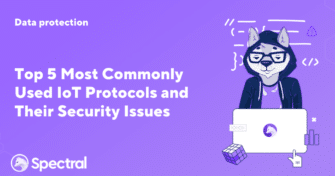
What happens when devices meant to make your life easier become tools for intrusion? Your smart TV could become a surveillance device, your fitness tracker could
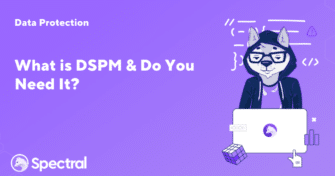
Knowledge is power. Power is money. In the context of information systems and applications, knowledge is ingested, processed, and used as data. Data theft or loss
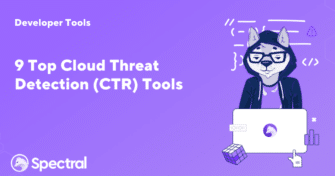
Targeted attacks in cloud security are on the rise, hitting businesses big and small. This surge in threats puts developers like you in a crucial position.